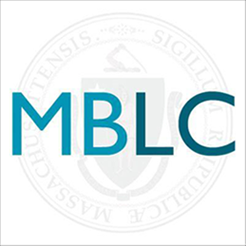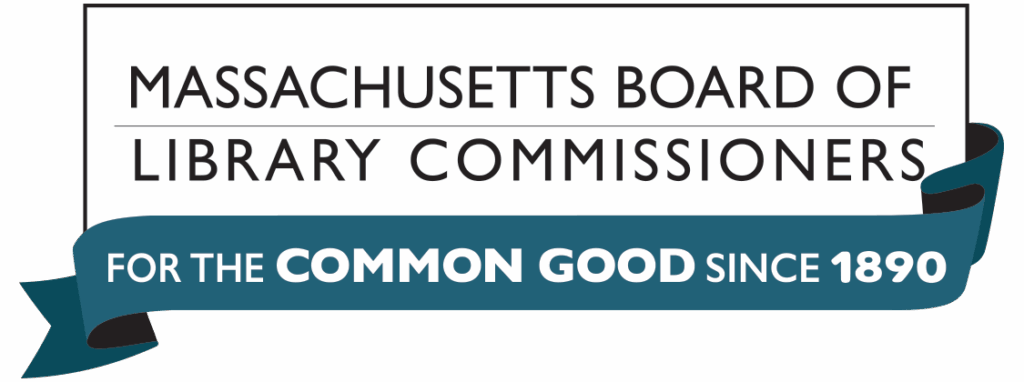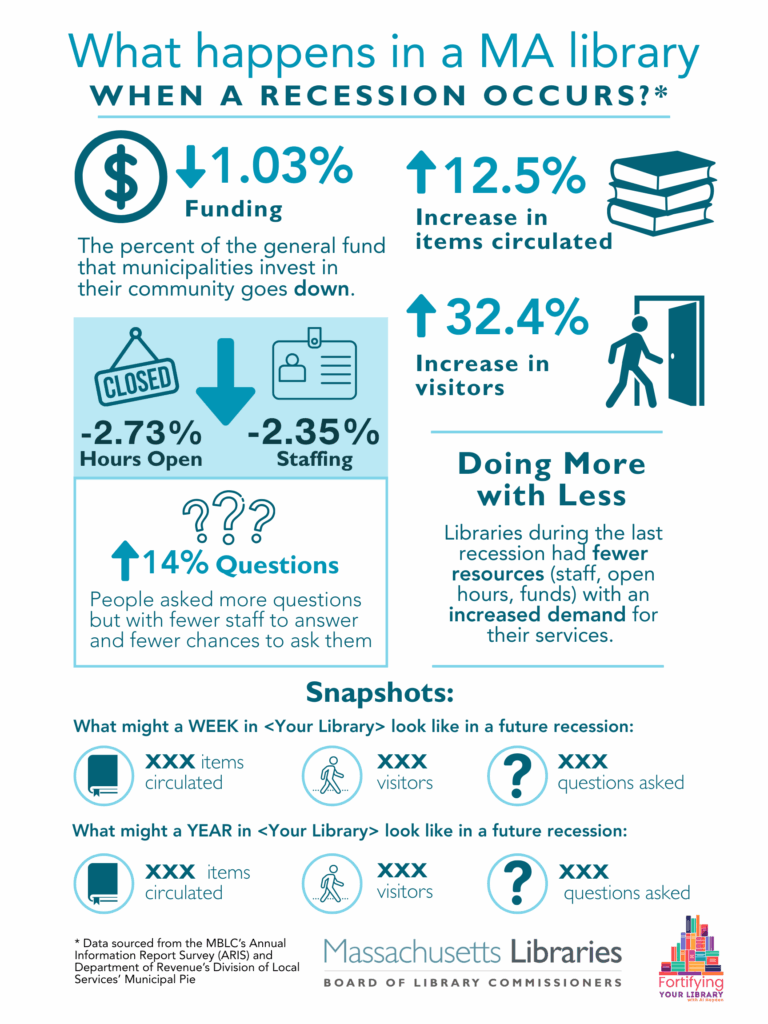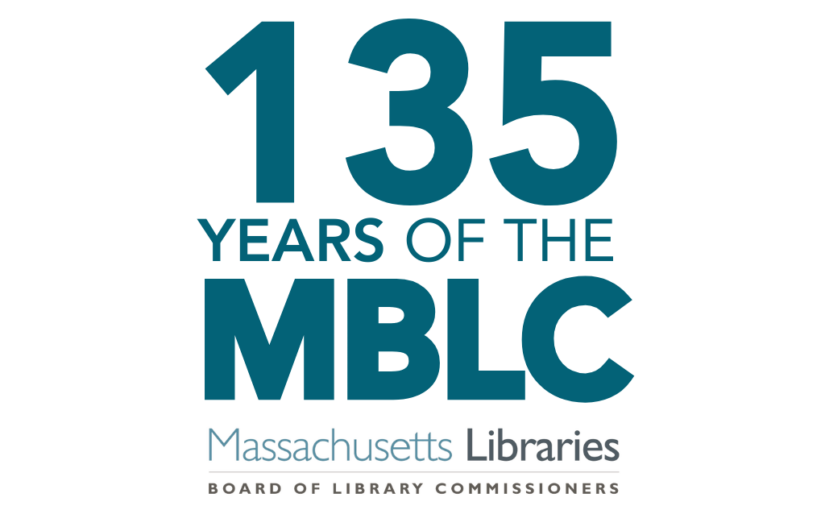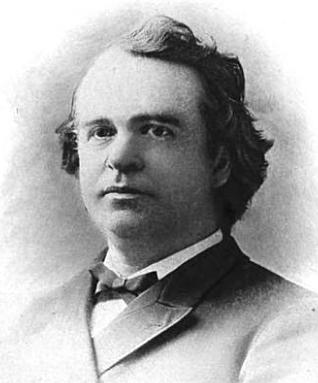Library News from Across the Commonwealth and the Nation*
Have a news story you’d like to share? Please email the link to MBLC Communications Specialist June Thammasnong, thank you!
Local News 🗞️
MBLC Starts Federal Program Rebuild – MBLC Press Release (12/5/2025)
On December 3, 2025, the Institute of Museum and Library Services (IMLS) announced it had reinstated all federal grants which were terminated due to Executive Order 14238 signed by President Trump on March 14, 2025. The goal of the executive order was to eliminate IMLS “to the maximum extent consistent with applicable law.”
$5.4 Million Library Construction Grant Awarded to Blandford – MBLC Press Release (12/4/2025)
At its December board meeting, the Massachusetts Board of Library Commissioners (MBLC) awarded a $5.4 million Small Population library construction grant to the Town of Blandford for the renovation and expansion of the Porter Memorial Library as part of the Massachusetts Public Library Construction Program (MPLCP). Small population grants are awarded to municipalities with populations less than 2,500.
‘Free expression’ bill lays out process for book access, removal – State House News Service via The Berkshire Eagle (11/6/2025)
Senate Democrats on Thursday scheduled for action legislation to address book bans and strengthen protections for public transit workers who experience violence on the job.
Related:
- Senate to take up book ban restrictions—The Eagle Tribune (11/7/2025)
- Worcester library backs state legislation to shield ‘challenged’ books—Worcester Telegram & Gazette (11/20/2025)
- Senate moves to shield libraries from political book bans— The Worcester Guardian (11/21/2025)
State Senate OKs Feeney’s bill to improve library access to digital resources—The Foxboro Reporter (11/20/2025)
The Massachusetts Senate voted unanimously to help Massachusetts Public Libraries more accessibly provide in-demand digital resources such as eBooks and audiobooks.
State Sen. Paul Feeney, D-Foxboro, is the lead sponsor of the bill, as well as the Senate Chair of the Library Legislative Caucus.
Related:
- Library legislation would examine digital material costs—The North Star Reporter (11/20/2025)
Signed steel beam placed in Fitchburg library under construction –Sentintel & Enterprise (11/23/2025)
FITCHBURG — Friday’s momentous occasion in the city marked another chapter in the library renovation project.
State and local officials, members of the library project’s campaign committee, members of the business community and others were invited to sign a steel beam that was then lifted by a crane and put solidly into place at the construction site of the new library that is scheduled to be completed next year.
Link to full article from Sentinel & Enterprise
Related:
- Fitchburg Public Library Topping-Off Ceremony – 11.21.2025–– Fitchburg Access Television (11/12/2025)
Comerford talks grants, health insurance and legislative priorities with Erving officials –Greenfield Recorder (11/13/2025)
ERVING — State Sen. Jo Comerford joined Erving officials this week to discuss the town’s successes and challenges, including recent grant awards and the impact of rising health insurance costs. One of the main pieces of legislation Comerford mentioned is a bill that would establish a municipal and public safety building authority to help towns afford improvements to or replacement of municipal buildings. Comerford said it would be similar to the state Board of Library Commissioners’ Massachusetts Public Library Construction Program.
Swansea’s $19M library is open to the public. Take a peek inside the ‘beautiful’ space –The Herald News (11/12/2025)
SWANSEA — The Swansea Free Public Library is officially buzzing with activity at its Main Street location that served roughly 75 patrons after just four hours after opening on Nov. 10.
Swansea’s library construction project was supported in part by an MBLC Massachusetts Public Library Construction Program (MPLCP) grant.
Senator Jake Oliveira receives award for library advocacy–WWLP (11/8/2025)
BOSTON (WWLP) – State Senator Jake Oliveira (Ludlow-D) has received the Caleb Benjamin Tillinghast Award in recognition of his leadership in strengthening public libraries across the Commonwealth.
Massachusetts Board of Library Commissioners honors Wellesley’s Mary Ann Cluggish – The Swellesley Report (11/6/2025)
Congrats to Wellesley’s Mary Ann Cluggish, this year’s recipient of the Massachusetts Board of Library Commissioners’ Elizabeth P. Sohier Award. A ceremony honoring Cluggish and others was held on Thursday, Nov. 6 at the State House.
What about YOUR Library? – Al Hayden, MBLC Blog (11/21/2025)
If you’ve followed me all the way down this experimental rabbit hole, thank you! Here’s what we’ve learned about what happens in libraries in an economic downturn: Massachusetts libraries did more with less. I’ve created an editable infographic template and accompanying spreadsheet that you can use to learn and share more about what a recession may look like for your library.
Library on Track for Early 2026 Opening – The Belmont Voice (10/17/2025)
The municipal rink is weeks shy of its grand opening, and the new library, located just across the street, will be following in its footsteps.
“It’s pretty exciting,” said Library Director Peter Struzziero. “I’m working on my 11th year, and I’ve been working on the project the whole time and we’ll be open in less than three months.”
Plans to replace the library in Otis are back on track after an attempt to block the project failed – The Berkshire Eagle (10/29/2025)
OTIS — Plans to build a new library are on track after a citizens petition seeking to stop the project failed to receive enough support.
National News 🗞️
ALA welcomes reinstatement of all federal IMLS grants to libraries– American Library Association Press Release (12/3/2025)
Washington – Today, the American Library Association (ALA) greeted an announcement by the Institute of Museum and Library Services (IMLS) that it had reinstated all the agency’s grants, including those to libraries and library organizations across the country. The grant reinstatements come as a direct result of a November 21 federal court decision in a lawsuit brought against President Trump by 21 states.
A Major Court Win for IMLS, Libraries – Book Riot (11/24/2025)
U.S. District Court Chief Judge John J. McConnell ruled in favor of 21 state attorneys general suing Donald Trump over the dismantling of the Institute of Museum and Library Services (IMLS) and several other small federal agencies. This permanent injunction means that the Trump administration cannot do further harm to the IMLS.
Link to the full article from Book Riot
Related:
- Court permanently blocks Trump’s executive order to dismantle federal agency for America’s libraries—American Library Association Press Release (11/21/2025)
- Federal court blocks Trump administration’s plan to scrap 4 small agencies— Federal News Network (11/26/2025)
Supreme Court bars Trump from firing Library of Congress official for now – CNN (11/26/2025)
The Supreme Court on Wednesday blocked President Donald Trump from replacing a top official at the Library of Congress for now, deferring a decision on his emergency appeal until it resolves a pair of related cases.
Federal Cuts, Immigration Raids and a Slowing Economy Hit Rural Libraries – The New York Times (11/10/2025)
Cole Leinbach, a librarian in Tieton, Wash., population 1,610, watched intently as a 7-year-old girl hunkered down with a book in a corner of the town’s one-room library. Her brother, 4, had opened a board game searching for potential toys. Their mother talked quietly on her phone in Spanish.
“This is what libraries are supposed to be,” he said, “just a place a mom can go with her kids for an hour to hang out and get some kind of enriching entertainment.”
8 Best American Cities for People Who Love Libraries – Mental Floss (11/30/2025)
Travel to these cities to explore the gorgeous—and extensive—public libraries. The list includes Boston, MA.
Link to the full article from Mental Floss
*Links provided to external (non-MBLC) news stories are done so as a convenience and for informational purposes only; they do not constitute an endorsement or an approval by the MBLC. MBLC bears no responsibility for the accuracy, legality, or content of the external site or for that of subsequent links. Contact the external site for answers to questions regarding its content.
